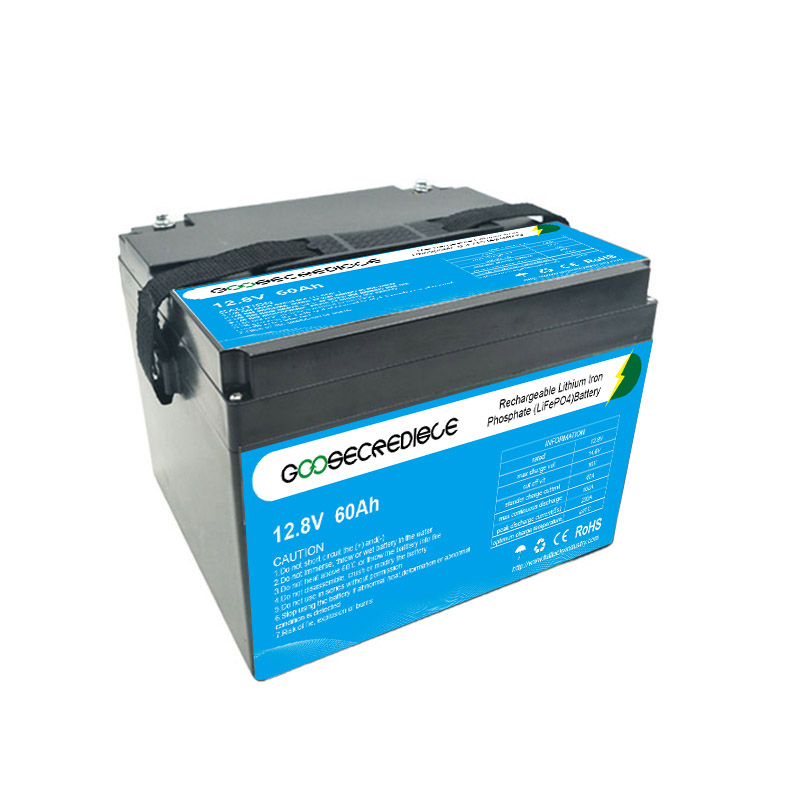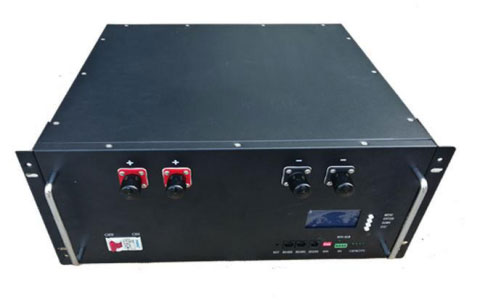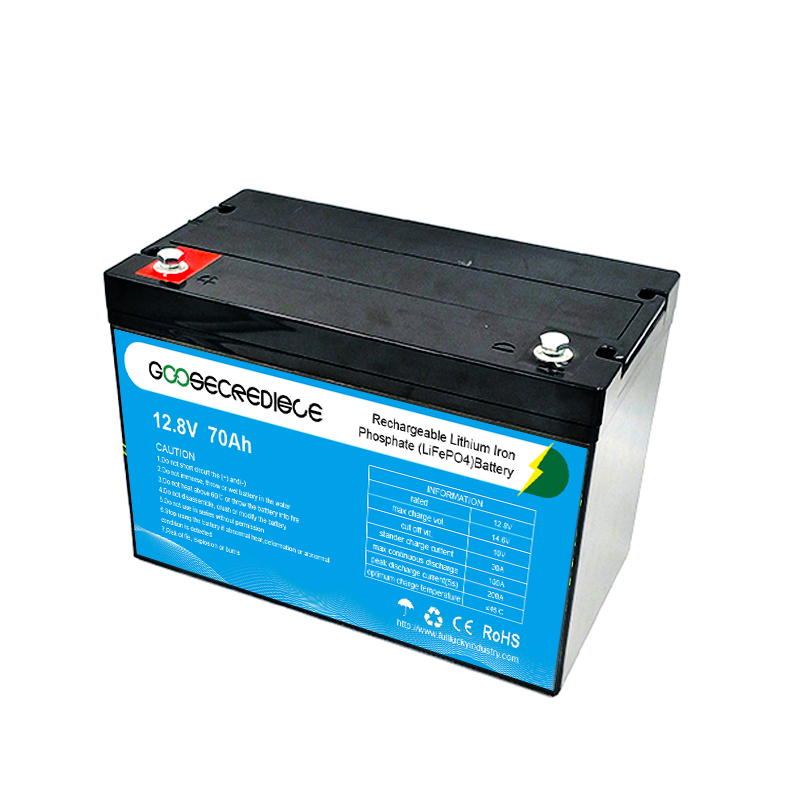귀하의 자동차 요구 사항에 적합한 스타터 배터리 공급업체 선택
A reliable and efficient starter battery is essential for any vehicle to function properly. Whether you own a car, truck, boat, or any other type of vehicle, the battery is the heart of the system. It provides the initial power to start the engine and also powers the vehicle’s electrical components. Therefore, it is crucial to choose the right starter battery supplier to ensure your vehicle’s optimal performance and longevity.
With so many starter battery suppliers in the market, selecting the right one can be overwhelming. Here are some factors to consider when choosing a starter battery supplier:
Quality: Look for a supplier that offers high-quality starter batteries. Quality batteries are essential for optimal performance and longevity.
Compatibility: Ensure that the starter battery is compatible with your vehicle. The supplier should be able to provide the right battery size, voltage, and specifications to match your vehicle’s requirements.

Reputation: Look for a supplier with a good reputation in the industry. Read customer reviews and testimonials to get an idea of the supplier’s reliability, customer service, and product quality.
Warranty: A good supplier should offer a warranty for their batteries. This gives you peace of mind knowing that you are covered in case of any defects or issues.
Price: Price is an essential factor when choosing a starter battery supplier. However, it should not be the only factor. Consider the quality, reputation, and warranty of the supplier before making a decision.
Once you have selected a supplier, you can enjoy the benefits of having a reliable and efficient starter battery for your vehicle.
Time: 2023-7-11
In the world of dirt biking, there has always been a constant struggle between power and efficiency. Traditional gasoline-powered dirt bikes have provided riders with the raw power necessary for exhilarating rides, but at the cost of harmful carbon emissions and high fuel consumption. However, recent advancements in battery technology have paved the way for a revolutionary alternative – the electric dirt bike lithium battery. The electric dirt bike lithium battery is an innovative power source that has been specifically designed to meet the demands of off-road enthusiasts. With its lightweight and compact design, this battery offers an unprecedented level of convenience and versatility. Riders no longer have to worry about carrying heavy fuel tanks or performing frequent maintenance checks. Instead, they can enjoy a hassle-free experience with a simple and efficient power solution. One of the key advantages of the electric dirt bike lithium battery is its eco-friendly nature. Unlike traditional dirt bikes, which emit harmful gases into the atmosphere, electric dirt bikes produce zero carbon emissions. This makes them an attractive option for environmentally conscious riders who want to reduce their carbon footprint and contribute to a cleaner and greener planet. Additionally, the battery\'s high energy efficiency ensures that riders can enjoy longer rides without depleting the battery quickly, reducing the overall energy consumption. Another notable feature of the electric dirt bike lithium battery is its impressive power output. Despite its compact size, this battery delivers a remarkable amount of torque, providing riders with the...
Time: 2023-6-19
In today's fast-paced world, reliable power supply is crucial for the functioning of various electronic devices. The advancements in technology have led to the development of high-performance batteries, one such battery is the 48V LiFePO4 battery. LiFePO4 or Lithium Iron Phosphate battery is a type of rechargeable battery that has gained popularity due to its excellent performance and extended lifespan. These batteries are an ideal choice for applications that require high energy density, lightweight, and longer life. The 48V LiFePO4 battery is designed to supply reliable power to electronic devices that require a higher voltage. These batteries are widely used in electric vehicles, backup power systems, and renewable energy storage systems due to their high energy density and fast charging capabilities. One of the primary advantages of the 48V LiFePO4 battery is its extended lifespan. These batteries can last up to ten times longer than traditional lead-acid batteries, making them a cost-effective and reliable power source. They are also more environmentally friendly as they do not contain harmful chemicals like lead and acid, which can be hazardous to the environment. Another advantage of the 48V LiFePO4 battery is its high energy density. These batteries can store more energy per unit of weight than other types of batteries, making them an ideal choice for applications that require a lightweight power source. This feature is particularly useful for electric vehicles, where weight reduction is crucial for improving efficiency and extending the range. The 48V LiFePO4...
Time: 2023-5-9
As the world becomes more reliant on renewable energy sources, the need for efficient and reliable energy storage solutions has become increasingly important. One such solution is the 12V LiFePO4 battery, a versatile and powerful option that can be used in a variety of applications. First, let's break down what LiFePO4 actually stands for. LiFePO4 is short for Lithium Iron Phosphate, which is the chemistry used in these batteries. This chemistry is known for its stability, long cycle life, and safety, making it an ideal option for energy storage. One of the key benefits of a 12V LiFePO4 battery is its high energy density. This means that it can store a lot of energy in a relatively small package, making it ideal for use in applications where space is limited. Additionally, LiFePO4 batteries have a long cycle life, with some models capable of lasting up to 10 years or more with proper care and maintenance. Another advantage of LiFePO4 batteries is their safety. Unlike other lithium-ion batteries, which can be prone to overheating and catching fire, LiFePO4 batteries are much more stable. They are less likely to experience thermal runaway, which can lead to explosions or fires, and they are also less sensitive to high temperatures. In addition to being safe and reliable, 12V LiFePO4 batteries are also highly versatile. They can be used in a wide range of applications, including solar power storage, electric vehicles, marine electronics, and more. This makes them an...
Time: 2023-5-22
Introduction Lithium iron phosphate (LiFePO4) batteries are quickly becoming a popular choice for powering devices and vehicles, particularly electric cars. These batteries are known for their longevity and durability, making them an ideal option for applications that require reliable, long-lasting power. In this article, we will explore the lifespan of LiFePO4 batteries, including factors that impact their longevity and ways to extend their durability. What is a LiFePO4 Battery? A LiFePO4 battery is a type of rechargeable lithium-ion battery that uses iron phosphate as its cathode material. These batteries are known for their high energy density, low self-discharge rate, and long cycle life. They are commonly used in electric vehicles, solar energy storage systems, and other applications that require reliable, long-lasting power. Factors that Affect the Lifespan of LiFePO4 Batteries Several factors can impact the lifespan of LiFePO4 batteries, including: 1. Temperature: High temperatures can cause the battery to degrade quickly, resulting in a shorter lifespan. It is important to store and operate LiFePO4 batteries within a safe temperature range to extend their longevity. 2. Depth of Discharge: The depth of discharge (DOD) refers to how much of the battery's capacity has been used. The higher the DOD, the shorter the battery's lifespan. It is recommended to keep the DOD below 80% to extend the battery's life. 3. Charging Rate: Charging the battery too quickly can cause it to degrade quickly, resulting in a shorter lifespan. It is important to charge LiFePO4...
Time: 2024-6-21
Lead-acid batteries are popular because of their low production costs and excellent performance. As one of the earliest rechargeable batteries, it remains a strong and popular energy choice today, with a global market value of nearly $40 billion. Next, we will take a deep dive into the reasons to choose lead-acid batteries for power. What are lead acid batteries? As the preferred wet battery in automobiles, lead-acid batteries have the ability to withstand high surge currents, and their low energy density is sufficient to start the engine and provide reliable power to the vehicle. In addition, the high surge characteristics of lead-acid batteries make them ideal for emergency backup systems that can quickly start generators and critical equipment. In forklift applications, the weight of lead-acid batteries acts as a counterbalance, increasing the stability and safety of the equipment. Why Choose Lead-Acid Batteries for Power? The stable performance and economics of lead-acid batteries make the transition to electrification particularly easy. Traditional and new lead-acid batteries meet different needs, and the low cost of entry makes electrification more feasible. When it comes to choosing a battery, we have a variety of options for you, from classic to innovative. Traditional lead-acid batteries and new thin plate pure lead batteries have their own advantages in terms of cost, maintenance, operator involvement and uptime, ensuring they meet your specific business needs. Environmental protection and compliance are the principles we always adhere to. Lead-acid batteries produce extremely low emissions during operation and are fully compliant with...
Time: 2023-7-2
Introduction: Lithium-ion batteries have revolutionized the portable electronic industry and are becoming increasingly prevalent in various applications, from electric vehicles to renewable energy storage. However, ensuring the performance and safety of lithium batteries is of utmost importance, as their failure can result in catastrophic consequences. This article aims to explore the significance of instrumentation in lithium batteries and how it enhances their performance and safety. 1. Monitoring and Control Systems: Instrumentation plays a crucial role in monitoring and controlling various parameters of lithium batteries, such as voltage, current, temperature, and state of charge. Real-time monitoring allows for early detection of any abnormalities or deviations from normal operating conditions, ensuring timely intervention to prevent potential risks. Control systems can adjust charging and discharging rates based on the battery\'s condition, optimizing its performance and extending its lifespan. 2. Thermal Management: One of the major challenges with lithium batteries is heat generation during charging and discharging processes. Instrumentation enables the implementation of effective thermal management systems to regulate temperature within safe limits. Temperature sensors and thermal imaging techniques help detect hotspots and prevent thermal runaway, which could lead to battery failure or even fire. By actively managing the battery\'s thermal behavior, its overall performance and safety can be significantly improved. 3. Cell Balancing: Lithium batteries consist of multiple cells connected in series or parallel. Cell balancing ensures that all cells within the battery pack are equally charged or discharged, preventing capacity imbalance and improving overall performance. Instrumentation techniques, such as...
Time: 2023-4-25
Lithium starter batteries are becoming increasingly popular in the automotive industry due to their many advantages over traditional lead-acid batteries. In this article, we will explore the benefits of lithium starter batteries and their applications. Advantages of Lithium Starter Batteries: 1. Lightweight: Lithium batteries are significantly lighter than lead-acid batteries, making them ideal for automotive applications where weight is a concern. This can improve the overall performance and fuel efficiency of the vehicle. 2. Higher Energy Density: Lithium batteries have a higher energy density than lead-acid batteries, which means they can store more energy in the same size and weight. This results in longer battery life and more power output. 3. Faster Recharge: Lithium batteries can be recharged much faster than lead-acid batteries, which means less downtime for the vehicle. 4. Longer Lifespan: Lithium batteries have a much longer lifespan than lead-acid batteries, making them a more cost-effective option in the long run. 5. Maintenance-Free: Lithium batteries require no maintenance, unlike lead-acid batteries, which need to be periodically checked and have their water levels topped up. Applications of Lithium Starter Batteries: 1. Automotive: Lithium starter batteries are ideal for use in cars, motorcycles, and other vehicles. They are lightweight, compact, and have a high power output, which can improve performance and fuel efficiency. 2. Marine: Lithium starter batteries are also suitable for use in boats and other marine applications. They can withstand the harsh marine environment and are lightweight, making them...
Time: 2023-8-18
Introduction In recent years, the demand for security monitoring systems has drastically increased due to rising concerns about safety and surveillance. Traditional security monitoring systems relied heavily on wired connections, making them susceptible to power outages and damage to the infrastructure. However, with the advancements in lithium battery technology, security monitoring systems can now be enhanced to provide uninterrupted and reliable surveillance. This article explores the benefits and applications of lithium battery technology in enhancing security monitoring. Benefits of Lithium Battery Technology 1. Portability: Lithium batteries are lightweight and compact, making them ideal for portable security monitoring systems. These batteries are easily integrated into wireless cameras, sensors, and other security devices, allowing for easy installation and mobility. 2. Extended Battery Life: Compared to traditional lead-acid batteries, lithium batteries have a significantly longer lifespan. This extended battery life ensures continuous operation and reduces the need for frequent battery replacements. With lithium batteries, security monitoring systems can operate for extended periods, providing round-the-clock surveillance. 3. Fast Charging: Lithium batteries have a high charge acceptance rate, allowing them to be charged rapidly. This feature is particularly beneficial in security monitoring applications where quick charging is essential to maintain uninterrupted surveillance. Fast charging also reduces downtime during battery replacements, ensuring consistent monitoring. 4. High Energy Density: Lithium batteries offer a high energy density, meaning they can store more energy in a smaller size. This feature is crucial for security monitoring systems, as it allows for compact and unobtrusive...





















